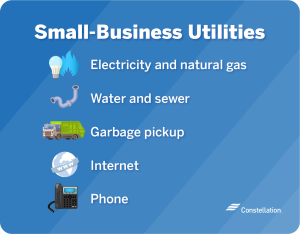A master budget is a comprehensive financial plan that outlines a company’s expected income and expenses for a specific period, typically a year. It serves as a roadmap for managing operations, making informed decisions, and ensuring financial stability.
Key Components of a Master Budget
- Sales Budget: Forecasts expected sales revenue based on market conditions, pricing strategies, and sales projections.
- Production Budget: Estimates the costs associated with producing goods or services, including direct materials, direct labor, and manufacturing overhead.
- Selling and Administrative Expense Budget: Forecasts expenses related to selling and managing the business, such as marketing, sales commissions, and general administrative costs.
- Cash Budget: Projects the company’s expected cash inflows and outflows, ensuring sufficient liquidity.
- Capital Expenditure Budget: Outlines planned investments in fixed assets, such as property, plant, and equipment.
Benefits of Creating a Master Budget
- Financial Planning: Provides a clear picture of a company’s financial health and future prospects.
- Decision Making: Helps in making informed decisions about resource allocation, pricing, and spending.
- Performance Evaluation: Allows for monitoring and evaluation of actual performance against budgeted amounts.
- Risk Management: Identifies potential financial risks and helps in developing strategies to mitigate them.
Steps to Create a Master Budget
- Gather Data: Collect historical financial data, market research, and industry benchmarks.
- Develop Sales Forecast: Estimate expected sales revenue based on market conditions, pricing strategies, and sales projections.
- Create Production Budget: Determine the costs associated with producing goods or services.
- Prepare Expense Budgets: Forecast selling and administrative expenses, as well as other operational costs.
- Develop Cash Budget: Project expected cash inflows and outflows.
- Create Capital Expenditure Budget: Plan for investments in fixed assets.
- Consolidate Budgets: Combine the individual budgets into a comprehensive master budget.
- Monitor and Adjust: Regularly review the master budget and make adjustments as needed to align with actual performance.
Types of Master Budgets
- Static Budget: Remains unchanged throughout the budget period, regardless of changes in actual conditions.
- Flexible Budget: Adjusts for changes in activity levels, such as sales volume or production levels.
A well-prepared master budget is a valuable tool for businesses of all sizes. It provides a framework for financial planning, decision-making, and performance evaluation, helping to ensure long-term financial stability and success.
Would you like to know more about specific budgeting techniques or have questions about creating a master budget for your business?










+ There are no comments
Add yours